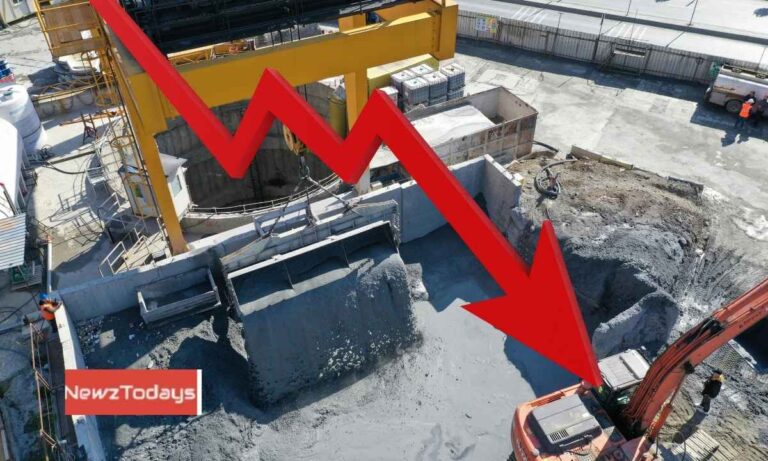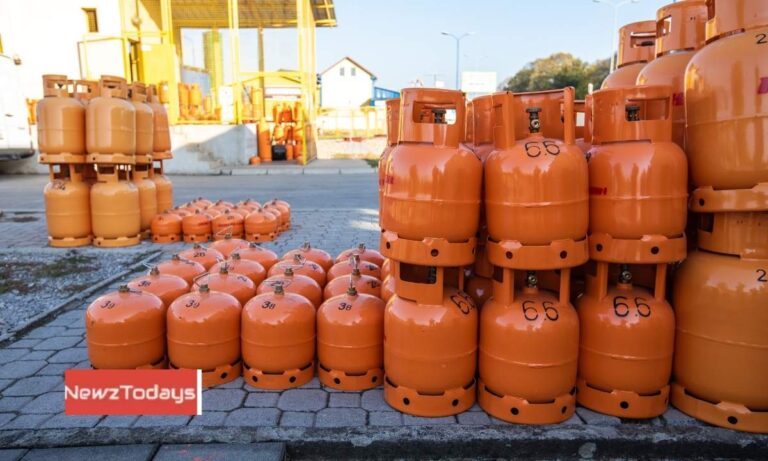Experts at the 2nd International Oil & Gas Conference say Pakistan may tap major oil and gas volumes by using modern AI-driven exploration methods.
At a conference held in Islamabad, industry experts asserted that Pakistan can unlock billions of barrels of oil-equivalent resources by adopting advanced AI-supported exploration.
Read More: Task Force Okays Rs89bn OGDCL Payment
They noted that domestic production currently falls far short of rising national demand, forcing heavier reliance on imports.
Keynote speaker Ali Taha Al Temimi of Kuwait Petroleum Corporation estimated that Pakistan’s mature on-shore basins could still host “10 – 20 billion barrels” of oil-equivalent, while the lower Indus Basin may hold 35 – 70 trillion cubic feet of tight gas plus 95 – 105 trillion cubic feet of shale gas.
He added that the offshore area of 282,000 km² has seen only 18 wells to date and could contain 6–7 billion barrels of oil equivalent.
To put the scale into context: Pakistan’s proven oil reserves stand at only around 0.35 billion barrels as of 2016.
Meanwhile, energy-consumption has been rising sharply: final energy consumption grew from about 12 Mtoe in 1986 to 52.17 Mtoe in 2020 at a compound 4.4 % growth rate.
The country has also recently awarded 23 new offshore exploration blocks, signalling a move toward deeper investment in hydrocarbon discovery.
The speakers emphasised that AI analytics could reduce exploration time, improve geological accuracy and cut drilling costs.
The call comes as Pakistan’s oil and gas sector remains heavily import-dependent and underexplored.
Nevertheless, experts caution that successes will depend on robust policy frameworks, sustained investment, and secure working environments. According to the report, the sector “must act quickly” to close the widening energy gap or face escalating import bills and supply risks.
As Pakistan moves to integrate AI into upstream exploration, the oil and gas industry outlook hinges on whether the sector can transform latent potential into commercial discoveries and support the country’s broader energy-security goals.






